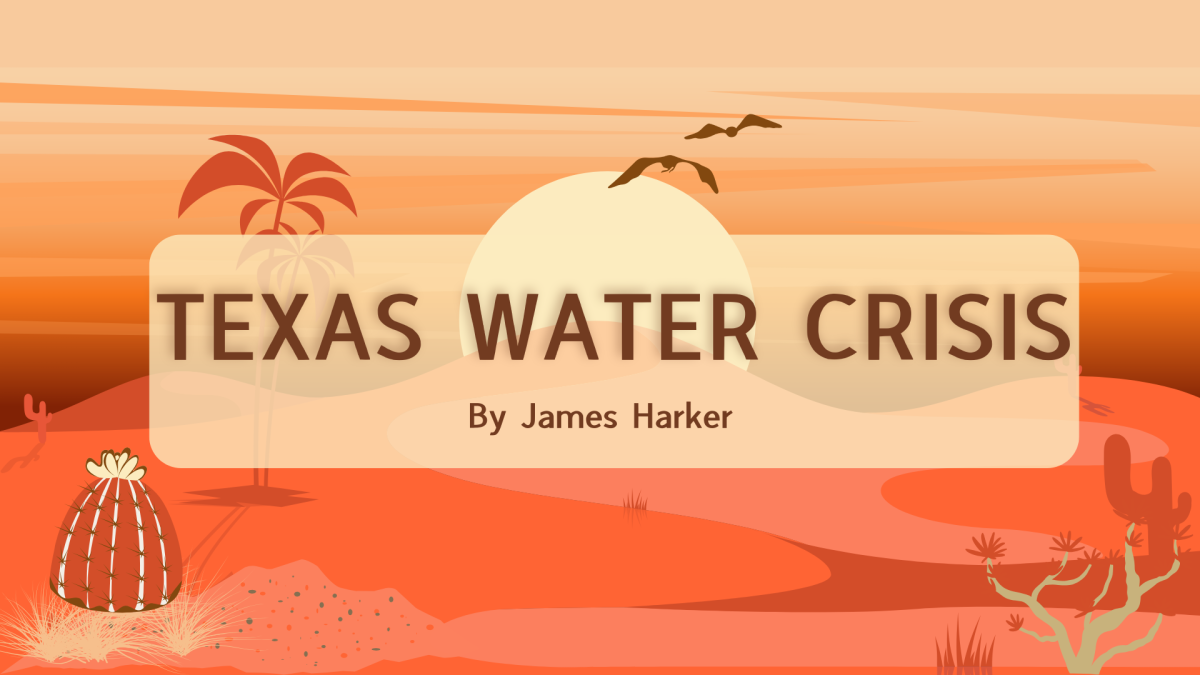Everyday Africa
When you hear stories about the continent Africa, images of struggling Africans, dealing with poverty, disease, war and other difficult misfortunes tend to weave their way into your mind. And while yes, some countries in Africa are handling these major problems, many are still carrying out their everyday lives, going unnoticed by the rest of the world.

The journalism team, made up of the Canyon Echoes Staff and the Yearbook Staff, recently interviewed a photojournalist, Peter DiCampo. One of the many notable works Mr. DiCampo has helped create is an Instagram based project called Everyday Africa. DiCampo started this project with a fellow photojournalist while taking pictures for a story on the Ivory Coast. While there, he noticed many Africans doing normal, everyday things just like us. Seeing all these untold stories, Mr. DiCampo and his friend began showing these lifestyles through pictures on their smartphones and sharing them on Instagram.
Quickly, the account gained worldwide fame, being featured in major magazines and websites like National Geographic, The New York Times, ABC News, China City Zine Magazine, and Newsweek Japan. Everyday Africa has also partnered with many organizations and receives tons of support from the Pulitzer Center and Open Society Foundations.
Many people have been inspired by Everyday Africa and created Instagram accounts for other stereotyped areas, such as Everyday Iran, Everyday Middle East, Everyday Asia, and even more recently Everyday USA. Everyday Africa itself has also expanded to more than 20 different photographers all over Africa and many people use #everydayafrica to add their own work to the movement.
In the interview, Mr. DiCampo explained how all the Everyday accounts are collectively working towards the same goal: “The point of Everyday Africa is to very much fight against stereotypes and go beyond what the news normally tells us about Africa.”



















